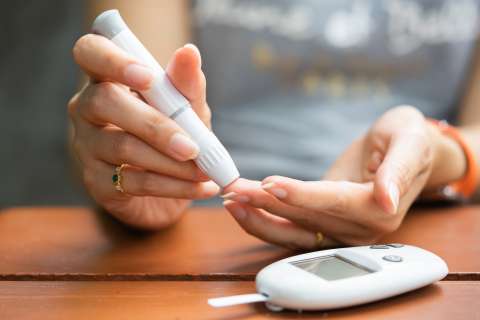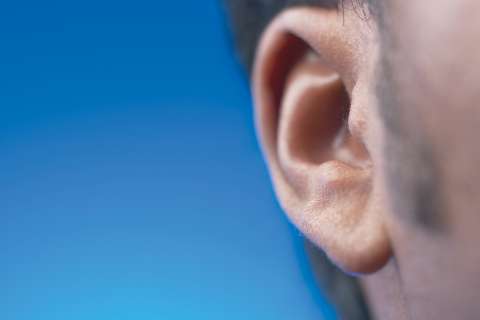Hello, dear readers, and welcome back to the monthly letters column. With holiday gatherings in full swing, we’ve focused today on your coronavirus vaccine and booster questions.
- We’ve received a lot of mail asking about eligibility for coronavirus vaccine booster shots. The guidelines had been in flux, so we held off on an answer. Now that both the FDA and the CDC have weighed in, we can pass along the (blessedly simple) recommendation: All adults 18 and over are eligible for a coronavirus vaccine booster shot. The agencies strongly urge anyone 50 and older to be sure to receive a booster shot. Boosters are authorized for medically eligible adults who are at least six months past the second shot of the two-dose regimen. Recipients of the Pfizer and Moderna vaccines can choose either brand for their booster. For recipients of the one-dose Johnson & Johnson vaccine, timing of the booster is two months after the initial vaccination. And when it comes to the coronavirus vaccine itself, everyone 5 years of age and older is now eligible.
- Readers who are planning to get a booster shot have asked about potential side effects. Most people who have received a booster shot report that the side effects are similar to those of the original vaccine. They can include soreness or swelling at the injection site, muscle and joint aches, chills, fever, headache or fatigue.
- We heard from a reader who had a mild case of COVID-19 a year ago and now tests positive for antibodies. “If I continue to test positive for antibodies and my original symptoms were mild, why would I get the vaccine?” he asked. At this time, because data is limited, it is not clear how much protection COVID-19 antibodies will confer. Also, there is no guarantee that a second bout of COVID-19 would be as mild as the first. The vaccines, by contrast, offer robust protection against developing serious illness. They also hold up well against the newer and stronger coronavirus variants. For that reason, we recommend the COVID-19 vaccines to all of our eligible patients, even those who may test positive for antibodies.

-- We’ll end on a sweet note. A column about medical-grade honey intrigued many of you. For those who missed it, the term “medical-grade honey” refers to honey that has been sterilized and specially processed in order to be safe for topical use in wound and burn care. This led a reader to wondering about nutritional benefits. “I am fascinated by your column on medical-grade honey,” he wrote. “But what about the dietary benefits? Do they also require medical-grade honey?” For everyone except babies 1 year old and younger, who should never be given honey of any kind, regular old table honey will fit your needs. Unless you’re planning to use it to treat a wound or a burn, there’s no need to spend the extra cash on medical-grade honey.
Thank you, as always, for taking the time to write to us. We love hearing from you. In answer to readers asking about past columns, you’ll find our archive at uexpress.com/health/ask-the-doctors.
To learn more about the vaccines and for the latest information visit UCLA Health's COVID-19 Vaccine Info Hub.
(Send your questions to [email protected], or write: Ask the Doctors, c/o UCLA Health Sciences Media Relations, 10960 Wilshire Blvd., Suite 1955, Los Angeles, CA, 90024. Owing to the volume of mail, personal replies cannot be provided.)





